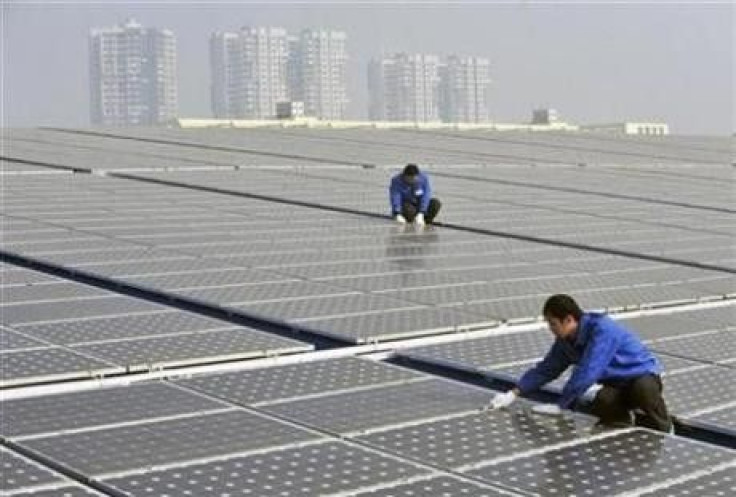Solar Greenhouses May Solve Global Energy Crisis

Solar greenhouses, which have played a vital role in China's agricultural scene for years, may solve issues such as global energy crisis and climate change, according to a new report.
The team of researchers from the College of Agronomy and Biotechnology at China Agricultural University presented an extensive report on single-slope solar greenhouses in a recent issue of HortTechnology.
Based on 20 years of systematic studies, the report noted: Increased proliferation of efficient solar greenhouses in China may contribute to solving worldwide problems such as the energy crisis and global climate change.
The solar greenhouse has a very bright future, especially given the amount of concern over the global energy crisis and climate change. Additionally, significant energy savings can be realized from switching to solar greenhouses. We hope this technology can be applied to regions of similar climate to help reduce energy consumption and CO2 emissions, Zhen-Xian Zhang, lead author of the study, said in a statement.
Single-slope solar greenhouses are built facing south using support and insulation walls on the north, east, and west sides. A short roof is installed on top of the north wall. The south side is supported by metal or bamboo frames (or a mixture of both materials), and is covered with plastic film and an insulating blanket.
These energy-efficient greenhouses use solar energy as the only source of light and heat for winter crop production in the region between latitudes 32°N and 43°N for production of warm season crops such as tomato and cucumber.
Solar greenhouses are widely used in the regions north of Huai River and the Beijing area, where greenhouses usage has greatly reduced energy demand and carbon dioxide emissions. The success of China's solar greenhouse operations has contributed to the structures' adoption by countries such as Japan, Korea, and Russia.
The researchers noted that while solar greenhouses have many advantages-energy savings, reduced pollution, and improved economic development-the structures also have distinct disadvantages due to their heavy reliance on the sun and weather conditions.
© Copyright IBTimes 2024. All rights reserved.











